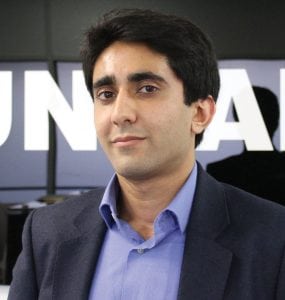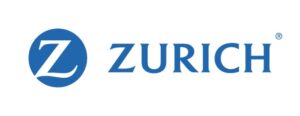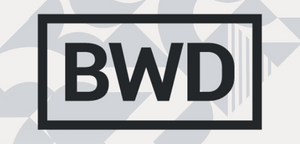Why did you choose FIS?
When it came to applying for a graduate role, the standard choice appeared to be between working at either an insurance company or a consultancy. FIS presented an alternative with a unique combination of actuarial work and software – an opportunity that was too good to miss!
What is it like working at FIS?
Great! I love the fact that we have a relatively small team, yet have a huge impact on the industry. Our software, Prophet, is used by leading insurance companies and consultancies around the world for their actuarial modelling. The working hours are typically 9 to 5 – for the most part it’s a lot of creative problem solving, and as such it never gets boring!
What are your main duties/roles?
I typically work on four or five projects at a time. My role is to convert business requirements into software solutions, best described in the following stages:
- Requirements gathering – I start with a problem which actuaries are currently facing in the industry e.g. how to do stochastic-on-stochastic calculations.
- Solution design – my team hits the whiteboards and tries to figure out how to solve the business problem using software. This could be through an enhancement of an existing product, or designing a new product from scratch.
- Development – we then work with the software engineers and decide how to implement the solution. It’s a team effort, and requires good communication in order to describe your vision to the developers.
- Acceptance Testing & Documentation – As the product is being developed, I test it as an actuarial user would, to see if it is working as expected. I also work with the documentation team to ensure that what is typically complex functionality can be easily understood by users.
- Presenting – Once the product is developed, I’ll present the software both internally to other teams and externally to clients.
- Support – Following release, any problems that can’t be solved by client services come to us. A good level of actuarial knowledge is required here as this may involve having to understand complicated client models.
What would you like to achieve in future?
In the short-term, I intend to qualify as an actuary and continue to design actuarial software. Thereafter, I may continue to progress in product management, or alternatively join the consulting team – helping clients around the world develop and implement their Prophet models.






